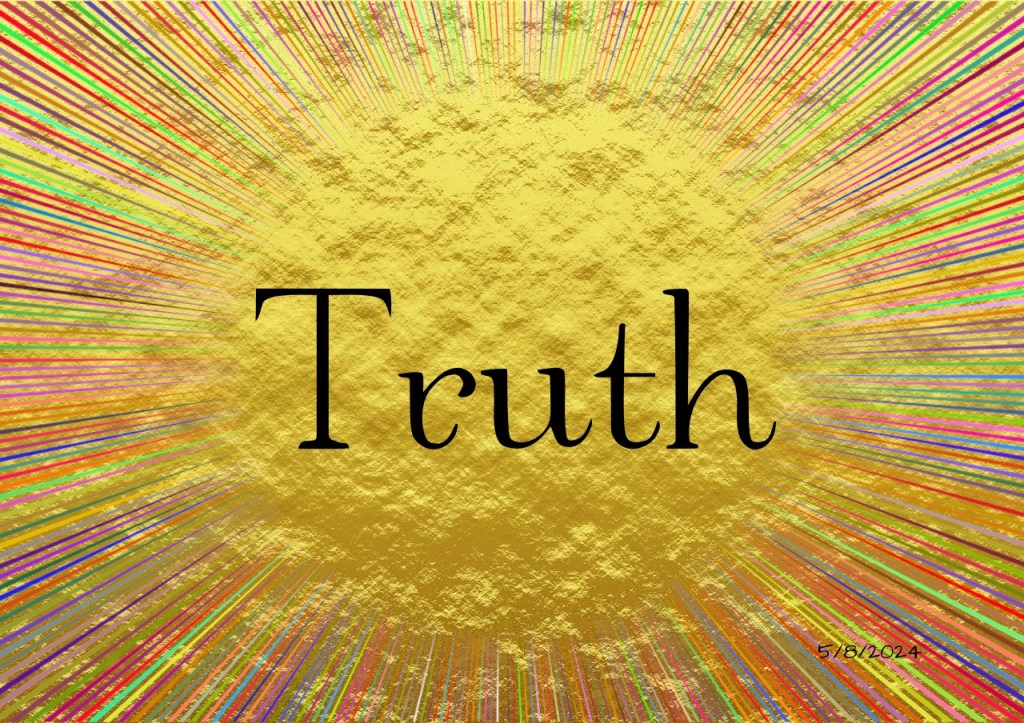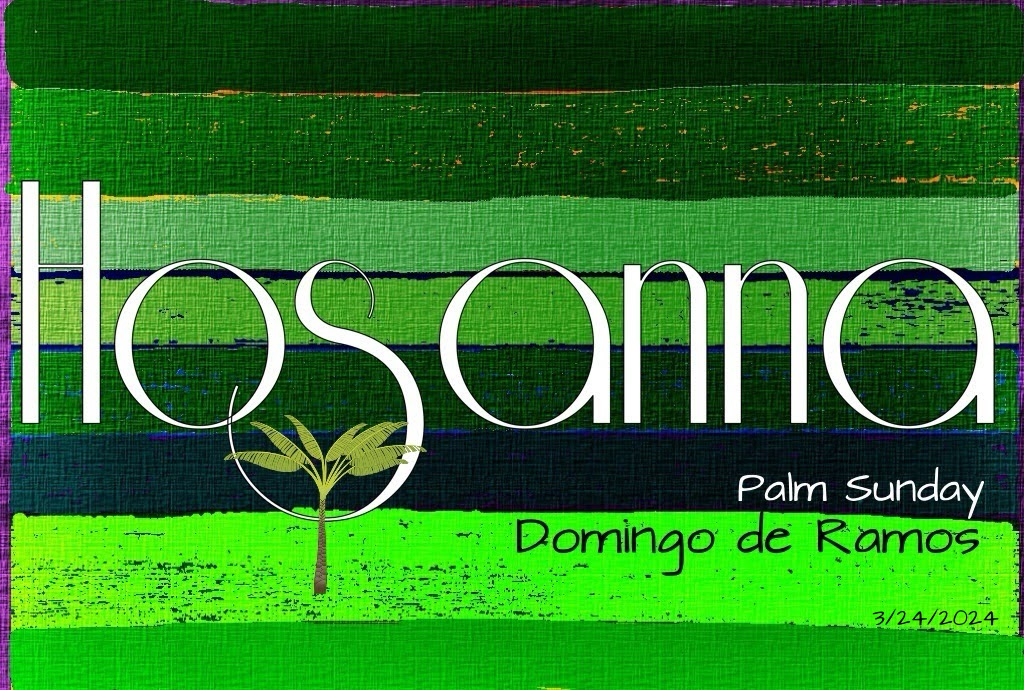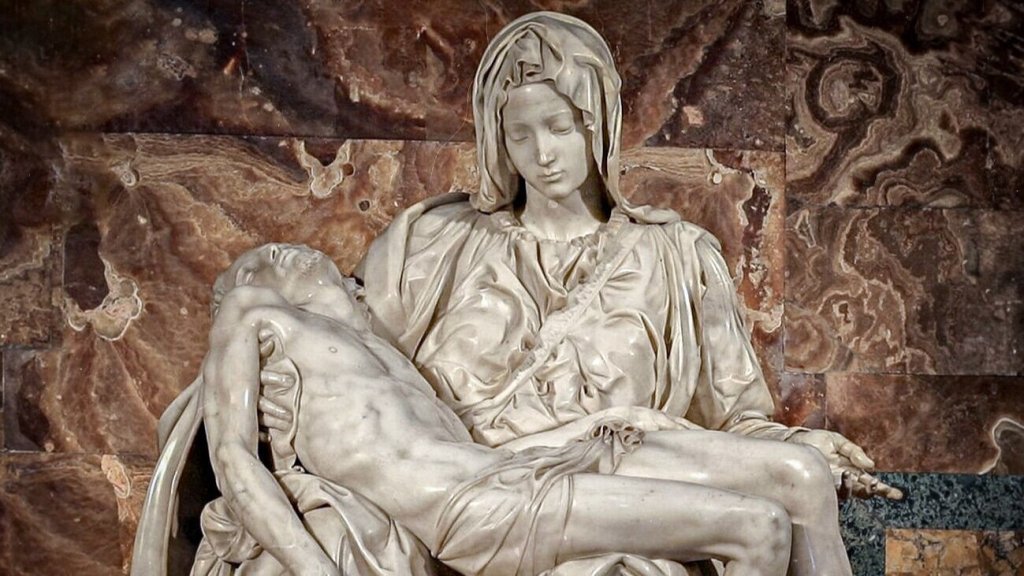Monday of the Seventh Week of Easter
May 13, 2024
Today’s Readings:
https://bible.usccb.org/bible/readings/051324.cfm

Behold, the hour is coming and has arrived
when each of you will be scattered to his own home
and you will leave me alone.
But I am not alone, because the Father is with me.
I have told you this so that you might have peace in me.
In the world you will have trouble,
but take courage, I have conquered the world.
John 16: 32-33
We can fool ourselves about what “courage” really is.
I grew up in a tough inner-city neighborhood. We kids had to have courage to survive the street dynamics our parents were blissfully unaware of. I had a lot of that kind of courage and still do. I’m not even afraid of mice, neighborhood toughs like Big Jimmy (remember him?), nor of monsters hiding under my bed.
But do I have the kind of courage Jesus is talking about?
- the courage to believe when God seems silent
- the courage to remain peaceful when spiritual turmoil surrounds me
- the courage to live truthfully in a culture of lies
- the courage to be patient with my own limitations
- the courage to be merciful in the face of repeated affront
- the courage to love what is not lovable
- the courage to persevere when circumstances test me
- the courage to champion and reverence the marginalized
- the courage to challenge systemic indifference to the vulnerable
- the courage to say “No” when it is what God would say
- the courage to live God’s “Yes” in an unreceptive world
Today, in God’s Lavish Mercy:
Let’s think about the kind of courage Jesus prayed for in his disciples. Let’s mirror our life against it and ask for more of it where we need it.
Poetry: Courage – Edgar A. Guest (sorry about the non-inclusive language)
Courage isn't a brilliant dash,
A daring deed in a moment's flash;
It isn't an instantaneous thing
Born of despair with a sudden spring
It isn't a creature of flickered hope
Or the final tug at a slipping rope;
But it's something deep in the soul of man
That is working always to serve some plan.
Courage isn't the last resort
In the work of life or the game of sport;
It isn't a thing that a man can call
At some future time when he's apt to fall;
If he hasn't it now, he will have it not
When the strain is great and the pace is hot.
For who would strive for a distant goal
Must always have courage within his soul.
Courage isn't a dazzling light
That flashes and passes away from sight;
It's a slow, unwavering, ingrained trait
With the patience to work and the strength to wait.
It's part of a man when his skies are blue,
It's part of him when he has work to do.
The brave man never is freed of it.
He has it when there is no need of it.
Courage was never designed for show;
It isn't a thing that can come and go;
It's written in victory and defeat
And every trial a man may meet.
It's part of his hours, his days and his years,
Back of his smiles and behind his tears.
Courage is more than a daring deed:
It's the breath of life and a strong man's creed.
Music: Take Courage – Kristine DiMarco










